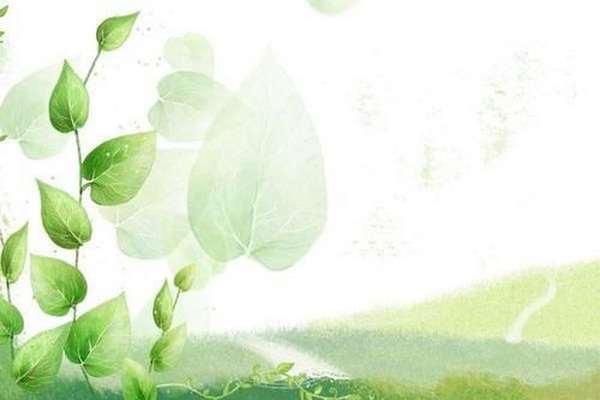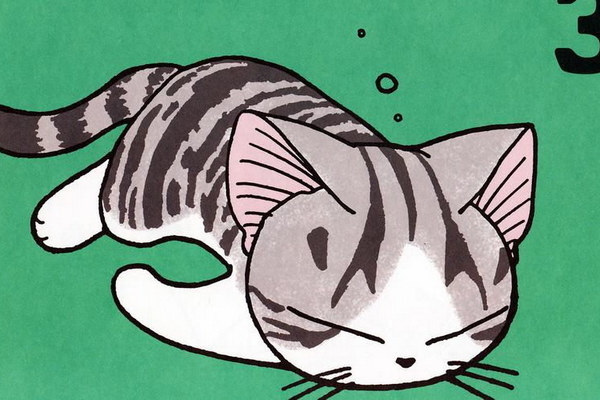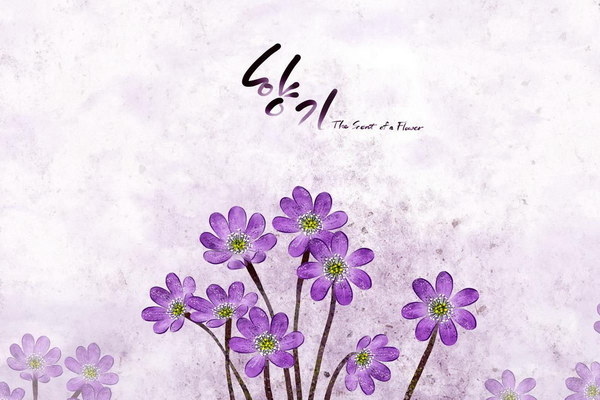Нестор Махно - Проклинайте меня, проклинайте - Eng
Это стихотворение интересно не только как личное покаяние закалённого в битвах анархиста, всё ещё сражающегося. Это – по крайне мере, насколько мне известно – также. единственное в своём роде, эмоциональное выражение сожаления по поводу смертей случившихся в результате его действий. Имеются ли другие вожди революции или контрреволюции периода Гражданской войны, которые бы так публично и эмоционально просили прощения?
Нестор Махно
Проклинайте меня, проклинайте
Проклинайте меня, проклинайте,
Если я вам хоть слово солгал,
Вспоминайте меня, вспоминайте,
Я за правду, за вас воевал.
За тебя, угнетенное братство,
За обманутый властью народ.
Ненавидел я чванство и барство,
Был со мной заодно пулемет.
И тачанка, летящая пулей,
Сабли блеск ошалелый подвысь.
Почему ж от меня отвернулись
Вы, кому я отдал свою жизнь?
В моей песни не слова упрека,
Я не смею народ упрекать.
От чего же мне так одиноко,
Не могу рассказать и понять.
Вы простите меня, кто в атаку
Шел со мною и пулей сражен,
Мне б о вас полагалось заплакать,
Но я вижу глаза ваших жен.
Вот они вас отвоют, отплачут
И лампады не станут гасить...
Ну, а батько не может иначе,
Он умеет не плакать, а мстить.
Вспоминайте меня, вспоминайте,
Я за правду, за вас воевал...
(1921)
***
This poem is interesting not only as a personal confession of a battle-hardened anarchist, still in action. It is also – at least to my knowledge – the only of its kind, emotional expression of regret about the deaths his struggle had caused. Had any other leader of the revolution or counterrevolution in the period of the Russian Civil War publicly and emotionally asked for forgiveness?
Curse me, condemn me
by Nestor Makhno
You can curse me, condemn me, if only
Even one of my words was a lie
Do remember me, do recall me
For the truth and for you was my fight.
For the brotherhood of the oppressed (and)
For the people, deceived by the state
Snobbery and conceit I detested
My machinegun agreed with my hate.
Like a bullet tachankas* flew, driven
By the raised sabre blades, mad and free.
Why did those, to whom I have given
All my life, turn away now from me?
Not a word of reproach is in my song.
Dare not blame our people in vain.
Only why am I feeling so lonesome?
I cannot understand or explain.
Please forgive me all those, who joined me
In attack, and the lead took your lives.
I would weep over your fate, if only
I did not see the eyes of your wives.
They will weep over you, they will holler
Icon lamps’ glimmer they will not change
But for Batko*, there’s one path to follow
He knows not how to cry, but avenge.
Do remember me, do recall me
For the truth and for you was my fight.
(1921)
* A tachanka is a light, horse drawn (usually 4) carriage with shock absorbers, made by the German colonists in Ukraine, which allowed machineguns to remain intact and able to fire on a run. First it was used in the Boer War, but in the Russian Civil war, without much other machinery, it acquired a status of a tank. Although all the participants used it, the Ukrainian anarchists made the best use of it, combining them into entire regiments that acted as the German panzer divisions in the WW2. In 1920, in Crimea, during the last big battle of the Civil war, a few hundred (!) Makhnovist machinegun tachankas wiped out the charging White cavalry, reminiscent of the Charge of the Light Brigade (see Kipling), coincidentally on the same peninsula, thus effectively ending the White resistance for good. The Reds, as the eventual victors, usurped the history and claimed tachanka as their icon.
* Batko – literally means father in Ukrainian, and, when used out of the context of an immediate family, bears the significance of respect and seniority, particularly in the context of Russian or Ukrainian military of any sort, where a good leader/commander is informally referred to as father, or batko or, in informal Russian, Bat'ia. All historical Ukrainian military leaders were referred to by their followers as Batko, including Nestor Makhno.
Нестор Махно
Проклинайте меня, проклинайте
Проклинайте меня, проклинайте,
Если я вам хоть слово солгал,
Вспоминайте меня, вспоминайте,
Я за правду, за вас воевал.
За тебя, угнетенное братство,
За обманутый властью народ.
Ненавидел я чванство и барство,
Был со мной заодно пулемет.
И тачанка, летящая пулей,
Сабли блеск ошалелый подвысь.
Почему ж от меня отвернулись
Вы, кому я отдал свою жизнь?
В моей песни не слова упрека,
Я не смею народ упрекать.
От чего же мне так одиноко,
Не могу рассказать и понять.
Вы простите меня, кто в атаку
Шел со мною и пулей сражен,
Мне б о вас полагалось заплакать,
Но я вижу глаза ваших жен.
Вот они вас отвоют, отплачут
И лампады не станут гасить...
Ну, а батько не может иначе,
Он умеет не плакать, а мстить.
Вспоминайте меня, вспоминайте,
Я за правду, за вас воевал...
(1921)
***
This poem is interesting not only as a personal confession of a battle-hardened anarchist, still in action. It is also – at least to my knowledge – the only of its kind, emotional expression of regret about the deaths his struggle had caused. Had any other leader of the revolution or counterrevolution in the period of the Russian Civil War publicly and emotionally asked for forgiveness?
Curse me, condemn me
by Nestor Makhno
You can curse me, condemn me, if only
Even one of my words was a lie
Do remember me, do recall me
For the truth and for you was my fight.
For the brotherhood of the oppressed (and)
For the people, deceived by the state
Snobbery and conceit I detested
My machinegun agreed with my hate.
Like a bullet tachankas* flew, driven
By the raised sabre blades, mad and free.
Why did those, to whom I have given
All my life, turn away now from me?
Not a word of reproach is in my song.
Dare not blame our people in vain.
Only why am I feeling so lonesome?
I cannot understand or explain.
Please forgive me all those, who joined me
In attack, and the lead took your lives.
I would weep over your fate, if only
I did not see the eyes of your wives.
They will weep over you, they will holler
Icon lamps’ glimmer they will not change
But for Batko*, there’s one path to follow
He knows not how to cry, but avenge.
Do remember me, do recall me
For the truth and for you was my fight.
(1921)
* A tachanka is a light, horse drawn (usually 4) carriage with shock absorbers, made by the German colonists in Ukraine, which allowed machineguns to remain intact and able to fire on a run. First it was used in the Boer War, but in the Russian Civil war, without much other machinery, it acquired a status of a tank. Although all the participants used it, the Ukrainian anarchists made the best use of it, combining them into entire regiments that acted as the German panzer divisions in the WW2. In 1920, in Crimea, during the last big battle of the Civil war, a few hundred (!) Makhnovist machinegun tachankas wiped out the charging White cavalry, reminiscent of the Charge of the Light Brigade (see Kipling), coincidentally on the same peninsula, thus effectively ending the White resistance for good. The Reds, as the eventual victors, usurped the history and claimed tachanka as their icon.
* Batko – literally means father in Ukrainian, and, when used out of the context of an immediate family, bears the significance of respect and seniority, particularly in the context of Russian or Ukrainian military of any sort, where a good leader/commander is informally referred to as father, or batko or, in informal Russian, Bat'ia. All historical Ukrainian military leaders were referred to by their followers as Batko, including Nestor Makhno.
Метки:









